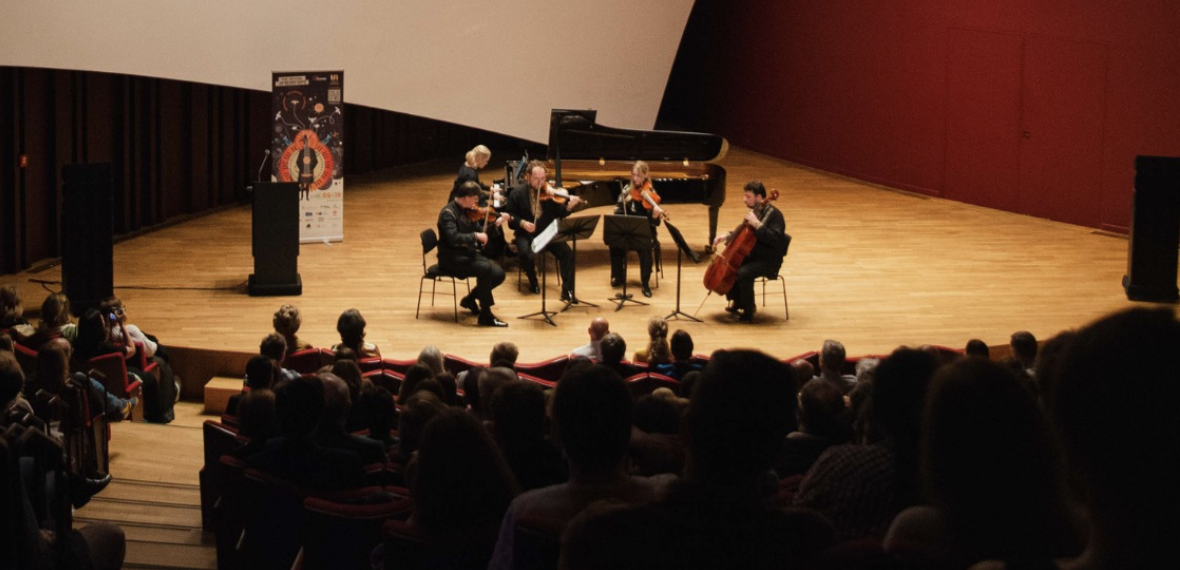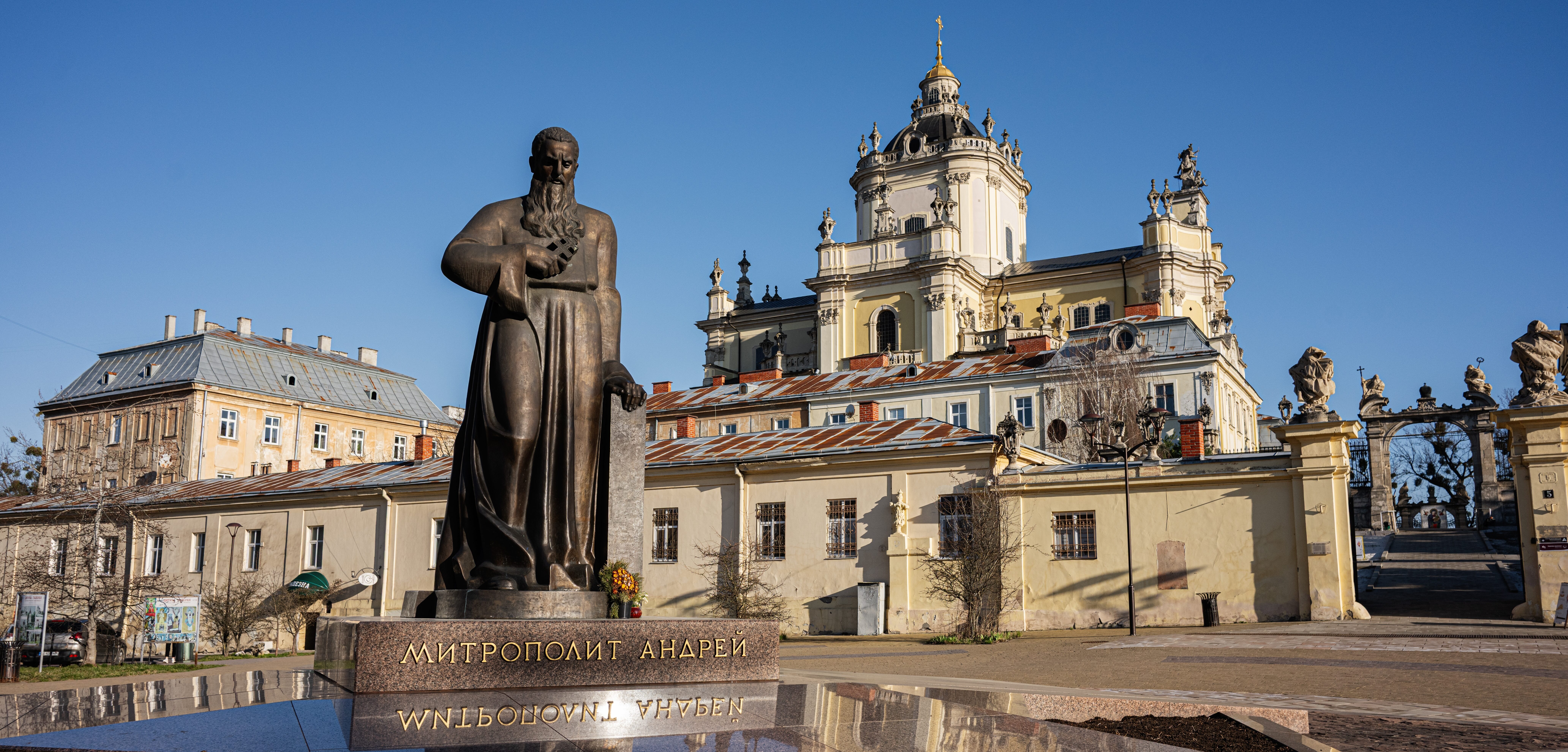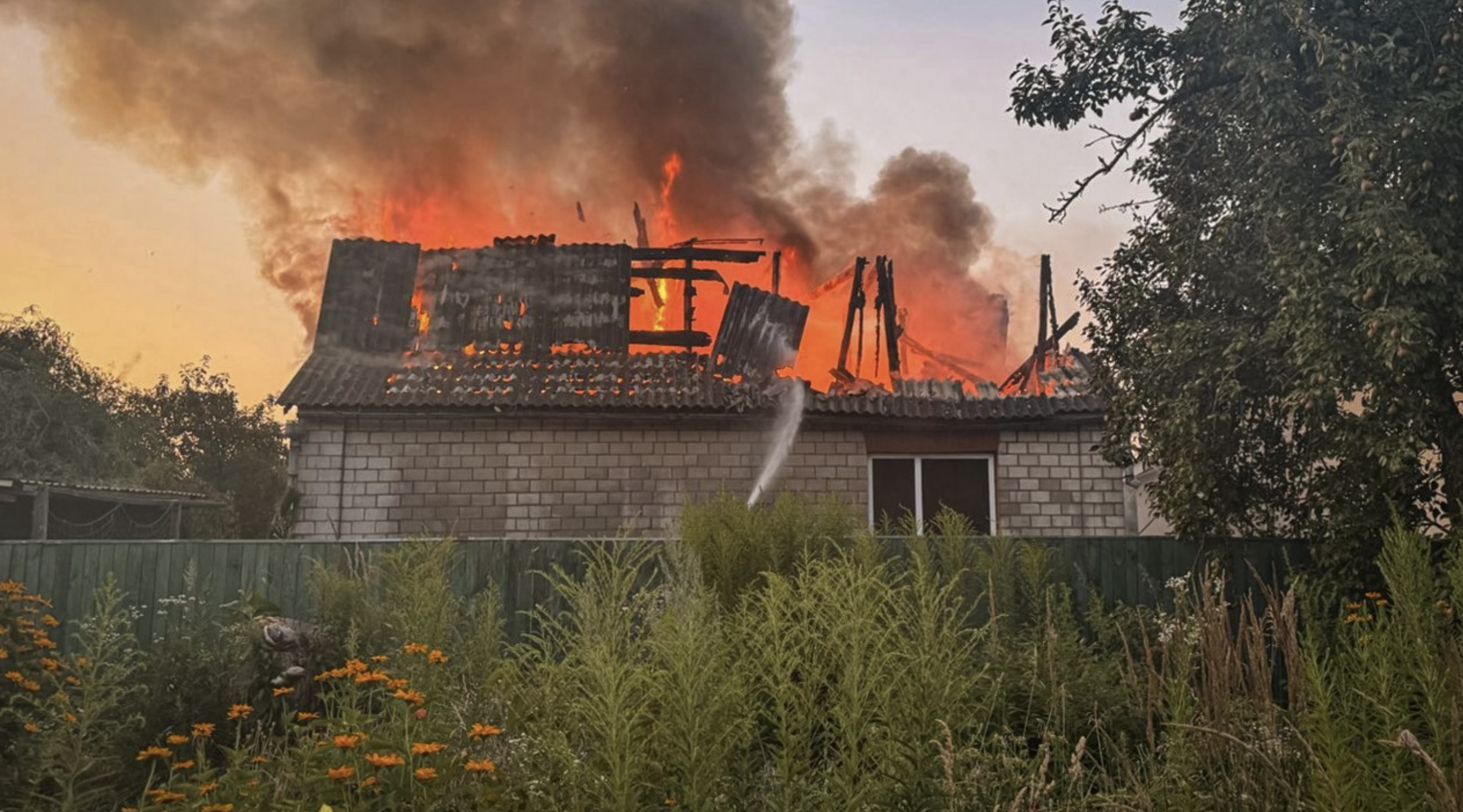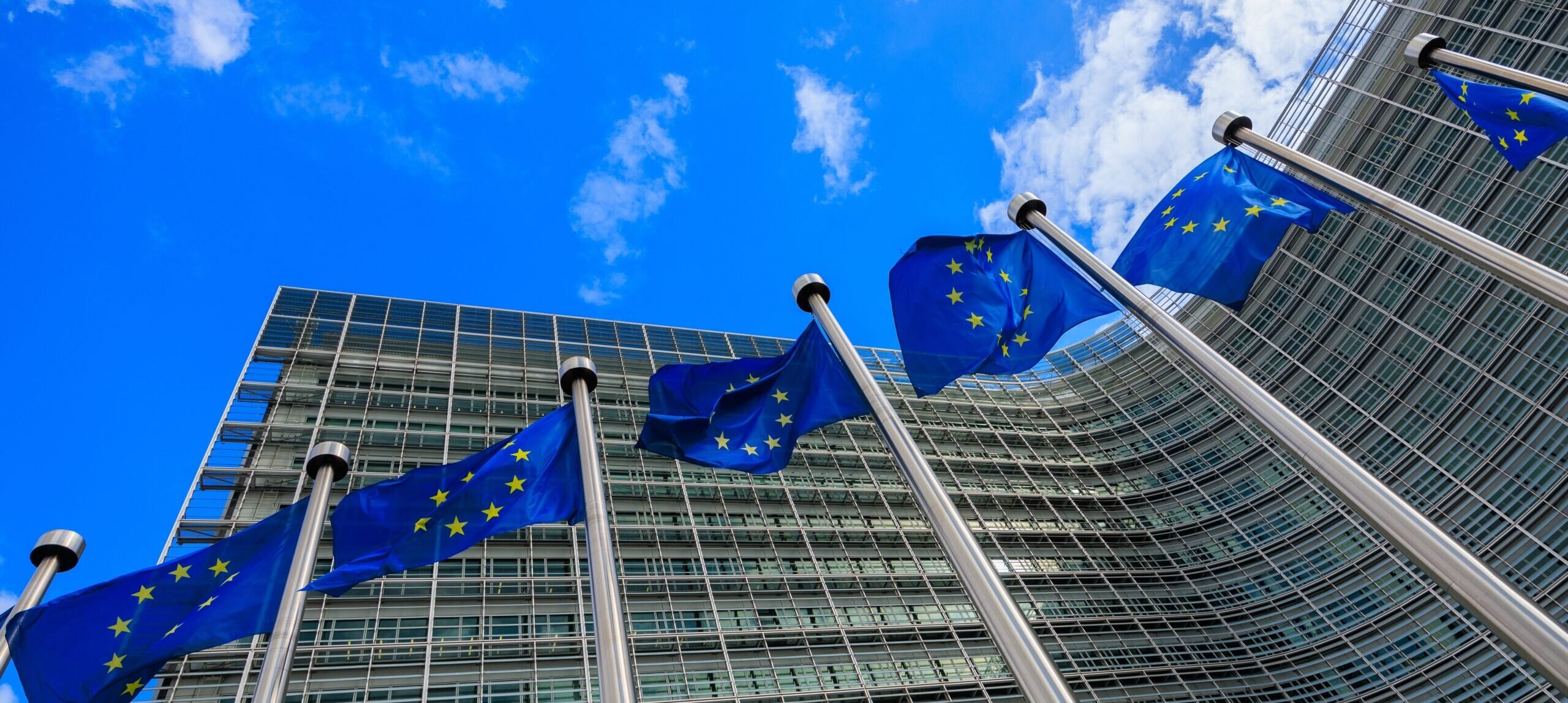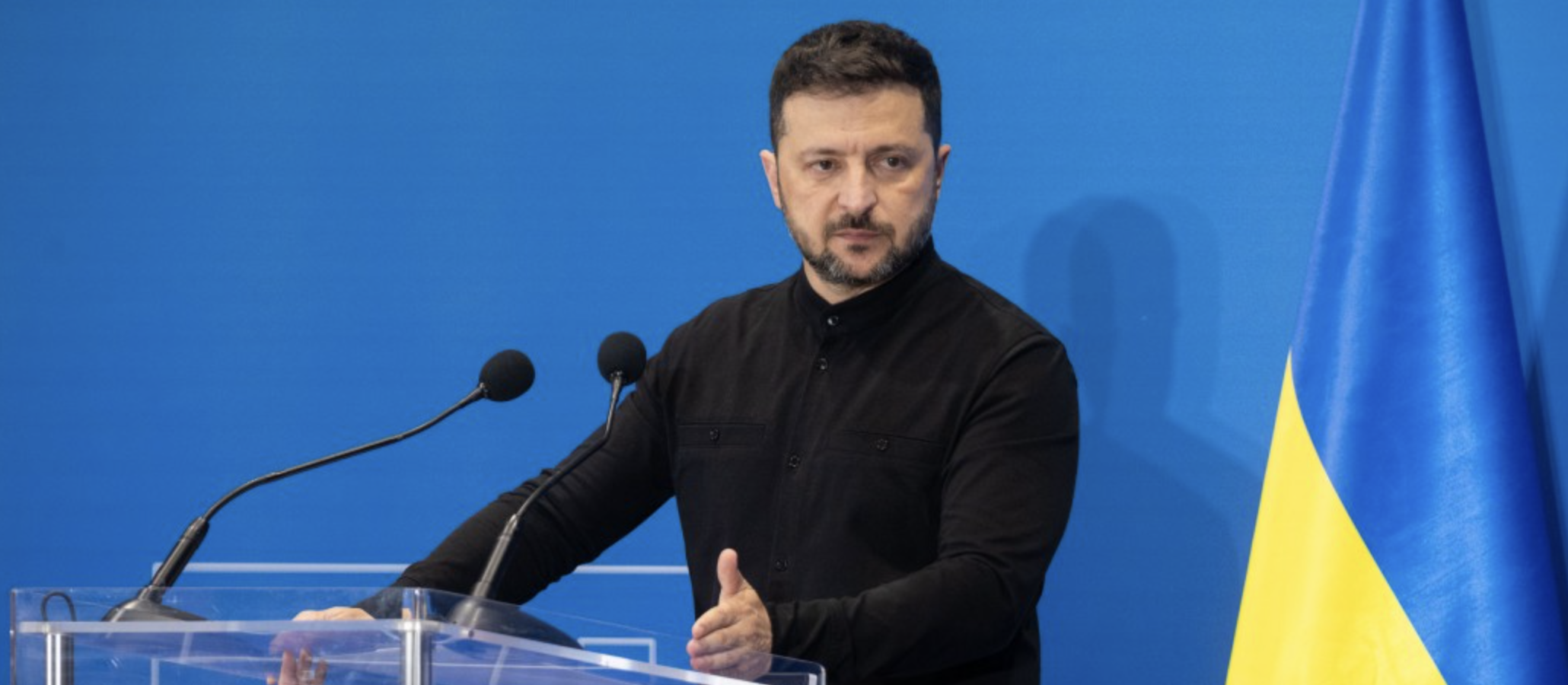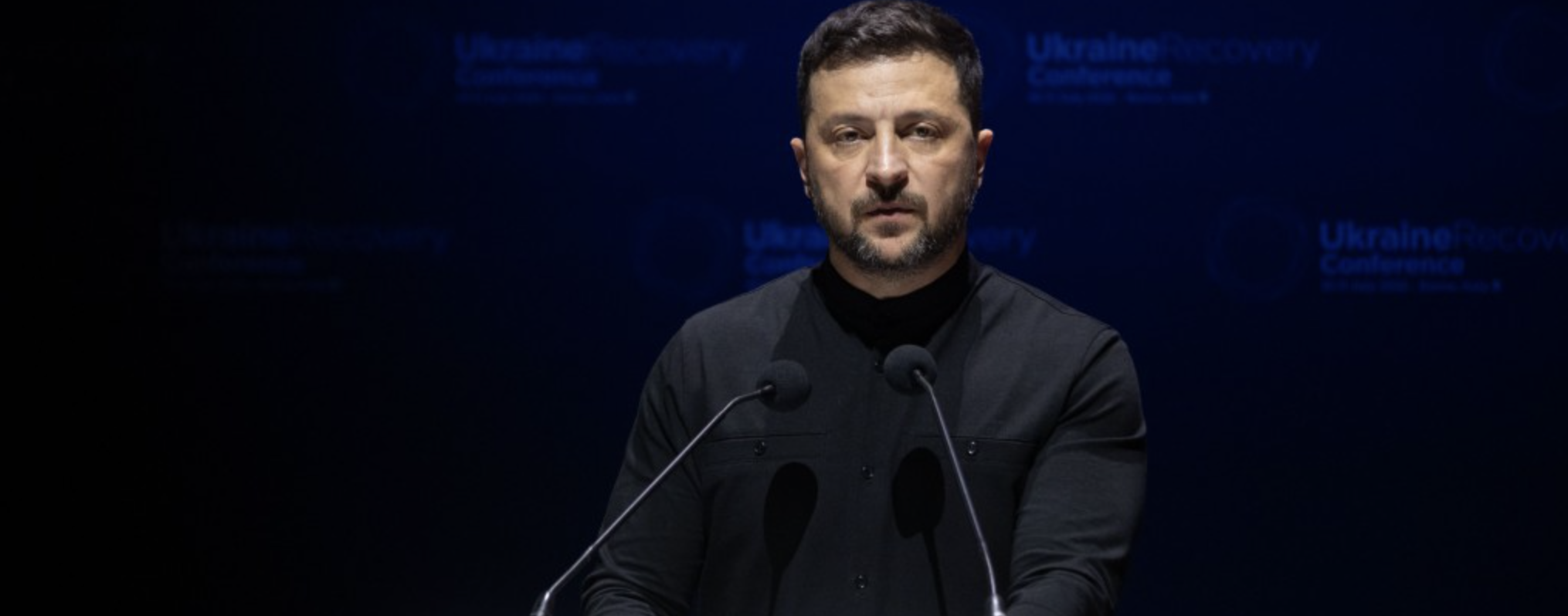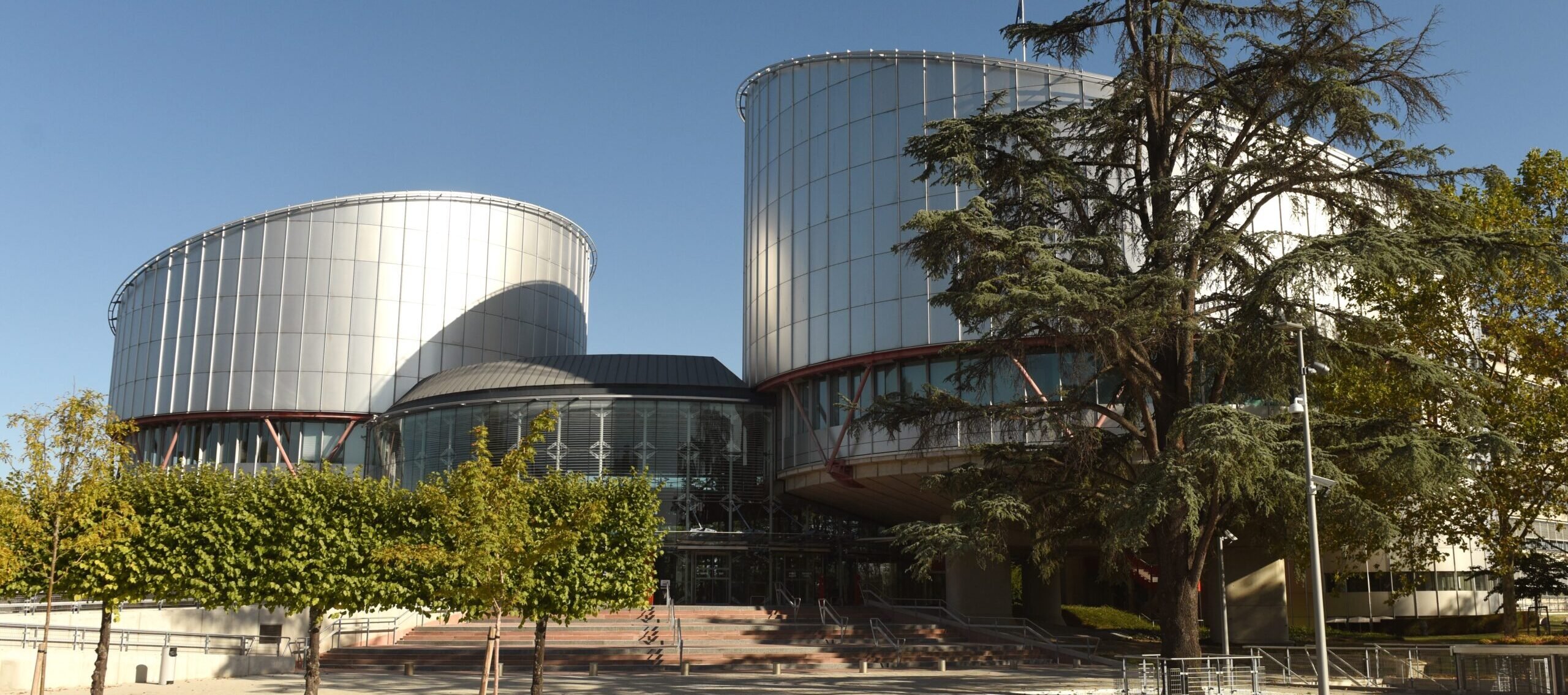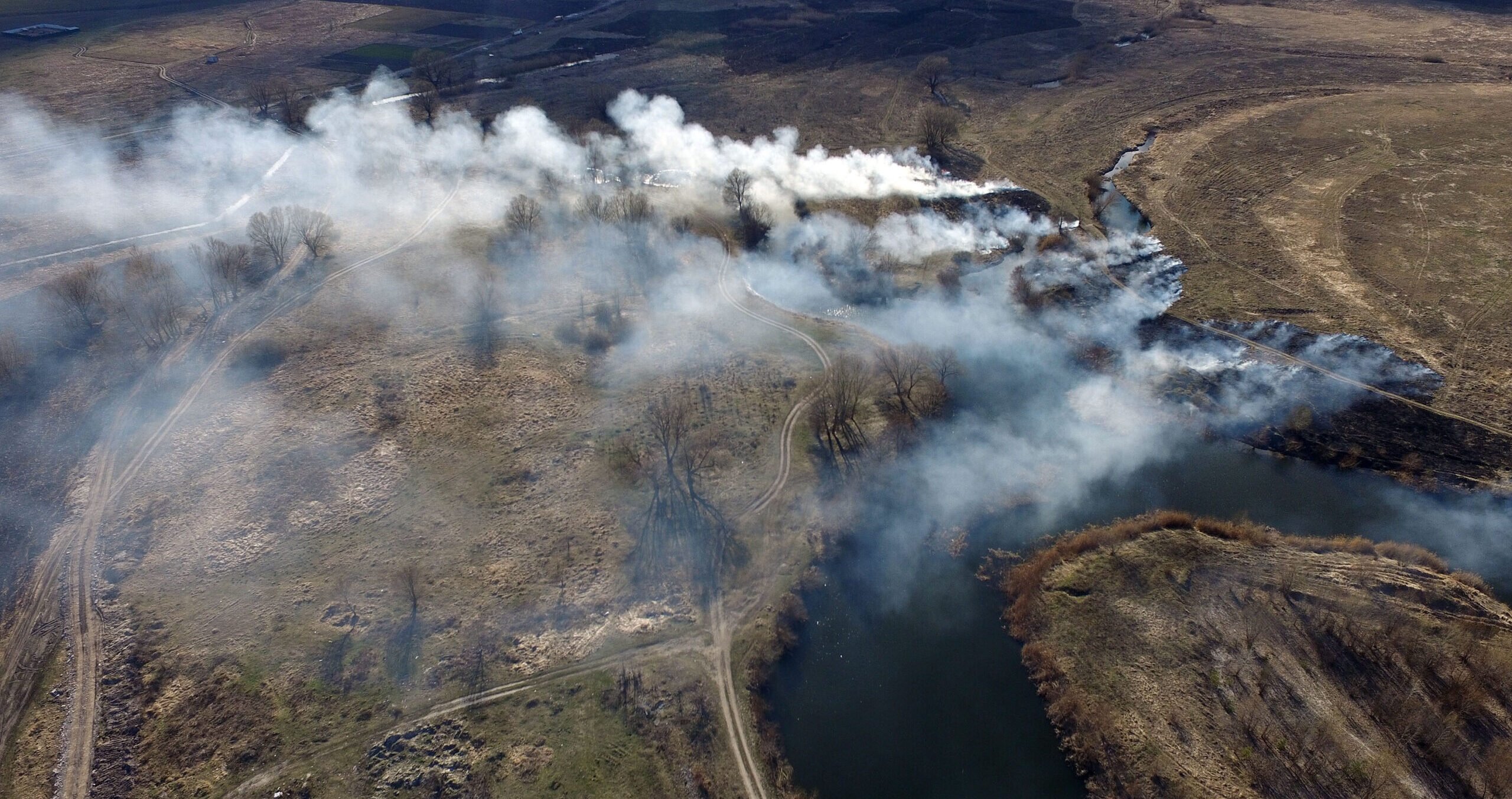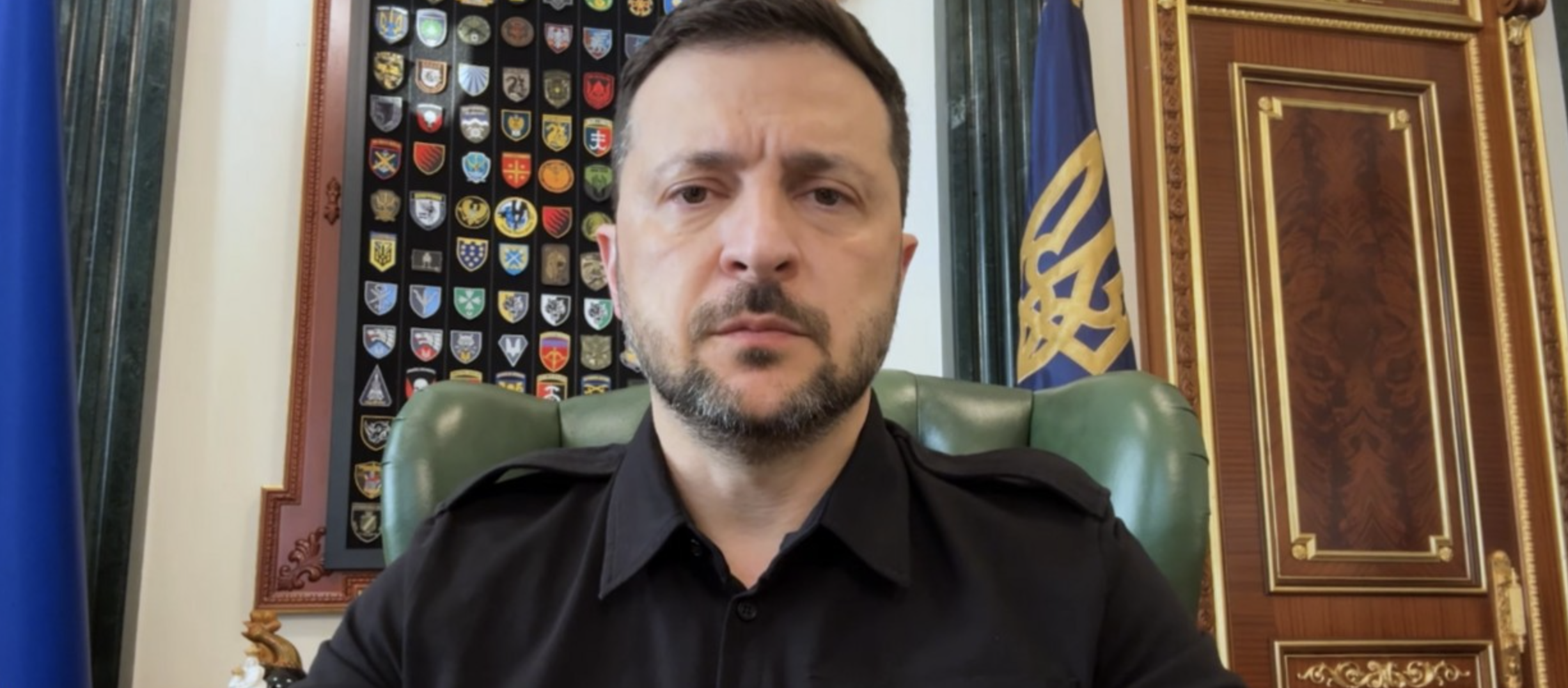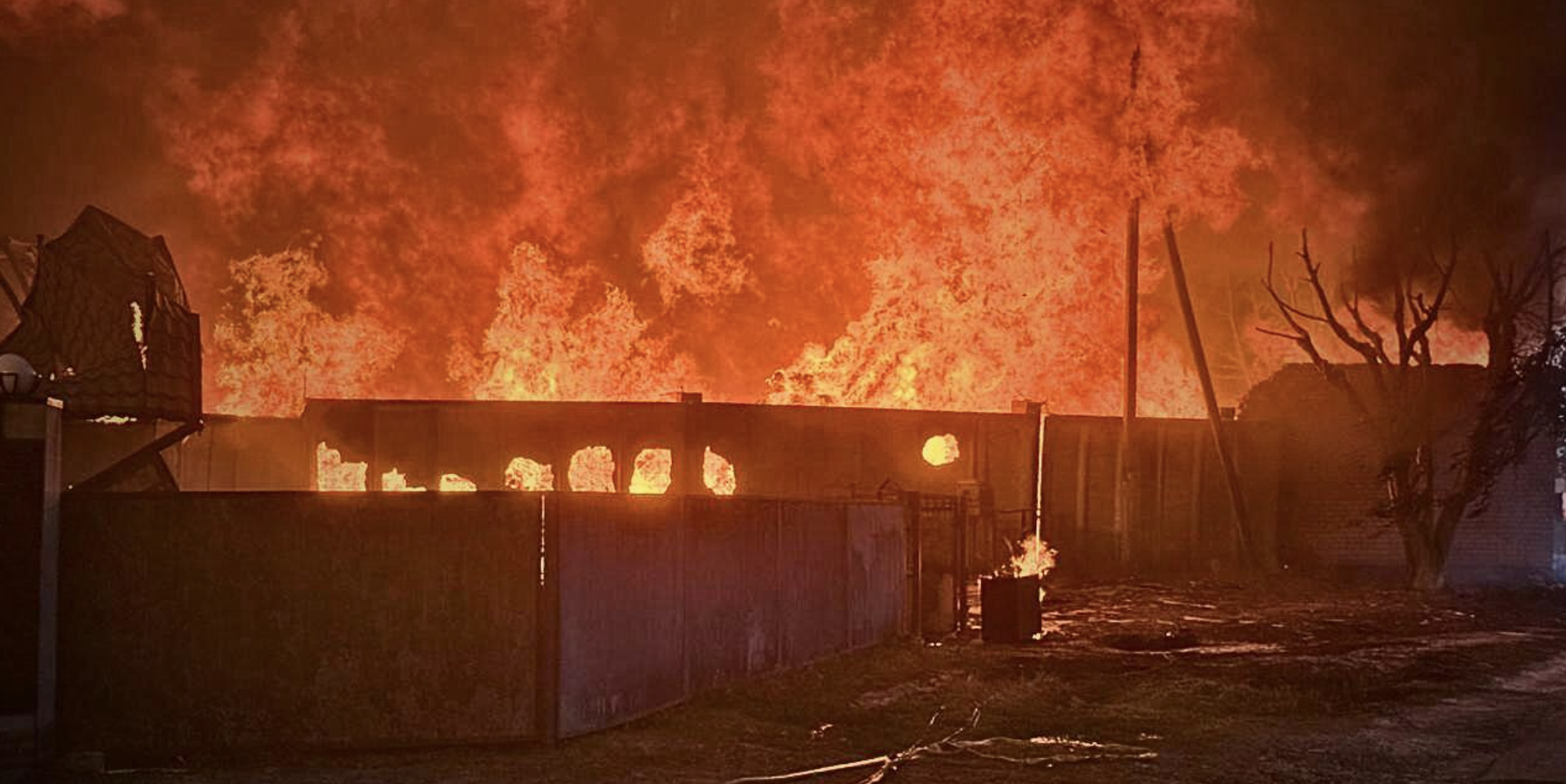
Abstract:
The Russian military interventions in Ukraine, which have led to the annexation of the Crimean peninsula and to the entrenchment of separatist enclaves in Donetsk and Luhansk provinces, directly challenge the post‐Cold War European state system. Russia has consistently denied any wrongdoing or illegal military involvement and has presented its policies as a reaction to the repression of ethnic Russians and Russian speakers. This article argues that it is important to examine and contest unfounded Russian legal and political claims used by Moscow to justify its interventions. The article proceeds to assess in detail three different explanations of the Russian operations in Ukraine: geopolitical competition and structural power (including the strategic benefits of seizing Crimea); identity and ideational factors; and the search for domestic political consolidation in Russia. These have all played a role, although the role of identity appears the least convincing in explaining the timing and scope of Russian encroachments on Ukrainian territorial integrity and the disruption of Ukrainian statehood.

